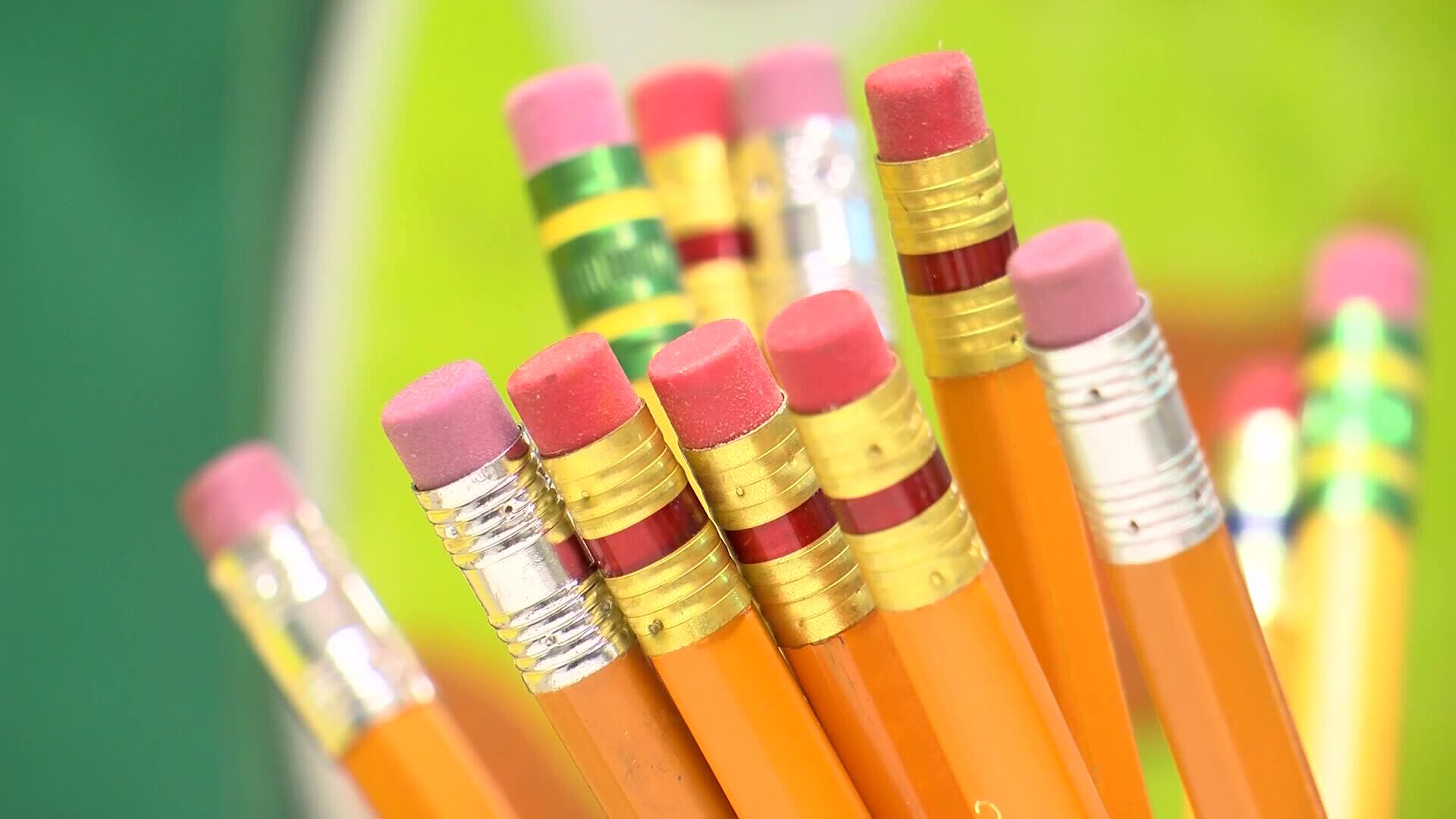New Pilot Program Allows Noncertified Teachers in South Carolina Classrooms
South Carolina is taking a bold step to address its growing teacher shortage by introducing a new pilot program that allows schools to hire noncertified teachers. This initiative, approved by the state legislature this year, aims to bring more qualified individuals into the classroom, even if they don’t hold traditional teaching credentials.
The program will begin with the upcoming school year and is designed as a five-year pilot. It gives schools the flexibility to employ up to 10% of their teaching staff through this alternative pathway. However, it’s important to note that participation is optional for school districts. Those that choose to take part must meet specific criteria to ensure the quality of education remains high.
Requirements for Noncertified Teachers
To qualify for the program, individuals must meet several key requirements. First, they must have at least a bachelor’s degree or a graduate degree in the subject they plan to teach. Additionally, they need a minimum of five years of relevant work experience in their field. These standards are intended to ensure that students still receive instruction from knowledgeable professionals, even if they lack formal teaching certification.
Another critical condition is that these teachers must enroll in an educator certification program within three years of being hired. This provides a clear path for them to eventually earn their teaching credentials. They are also required to pass standard background checks, just like any other teacher. Importantly, individuals who have had their teaching certificates suspended or revoked are not eligible for the program.
Perspectives from Educator Advocates
While the program has sparked some debate, many educators see potential value in the approach. Patrick Kelly, a representative from the Palmetto State Teachers Association, acknowledges that the requirements may be challenging for many applicants. He notes that not everyone will meet the necessary qualifications, which could limit the program’s impact on the overall teacher shortage.
However, Kelly also highlights the potential benefits. He suggests that even if only a few individuals qualify, the program could make a meaningful difference for students in classrooms that might otherwise remain vacant. “If we can find one unicorn—someone who meets all the requirements—it means one more classroom of students has a highly qualified teacher,” he said. “For those 25 to 30 students, that’s worth trying a five-year pilot.”
Future of the Program
The success of the pilot program will depend on several factors, including how many districts choose to participate and how well the program meets its goals. If lawmakers decide the initiative is effective, they may extend it beyond the initial five-year period. Otherwise, the program will end in 2030.
A key component of the law is the requirement for the South Carolina Board of Education to develop detailed guidelines for the program. These guidelines will help districts understand how to implement the program effectively. While the guidelines are still in development, officials from the state Department of Education say they are actively working on finalizing them.
Implications for Education
This new approach reflects a broader effort to rethink traditional pathways into the teaching profession. By allowing experienced professionals from other fields to enter the classroom, the program seeks to fill gaps in staffing while maintaining high educational standards. It also raises important questions about the role of certification in ensuring quality instruction.
As the program moves forward, its impact on student outcomes, teacher retention, and district operations will be closely monitored. Whether this initiative becomes a long-term solution or a short-term experiment, it marks a significant shift in how South Carolina approaches teacher recruitment and workforce development.







